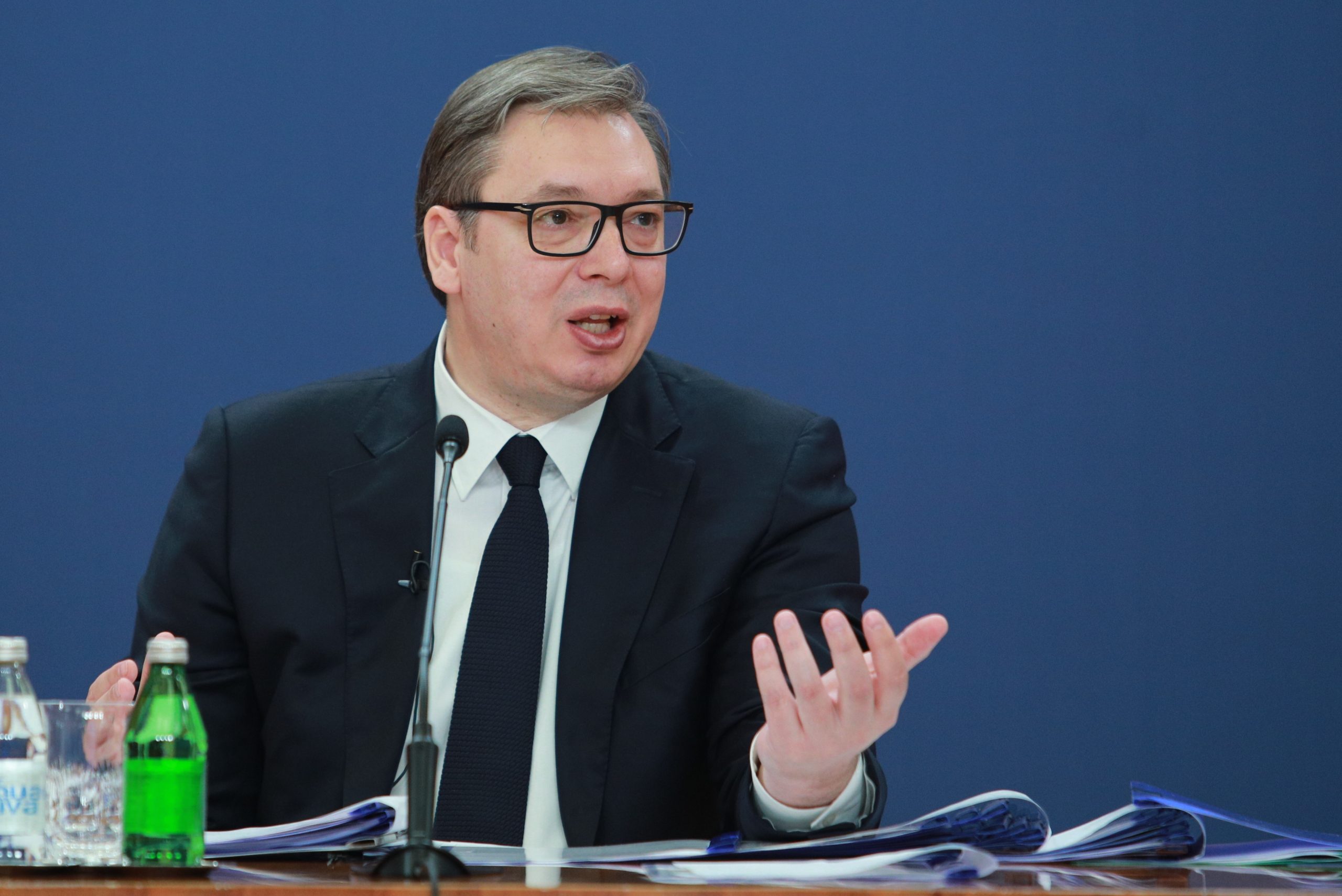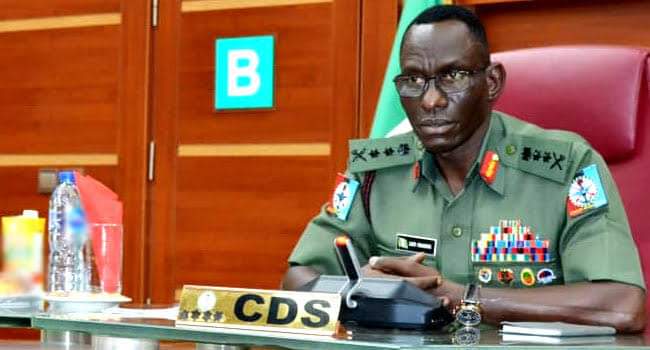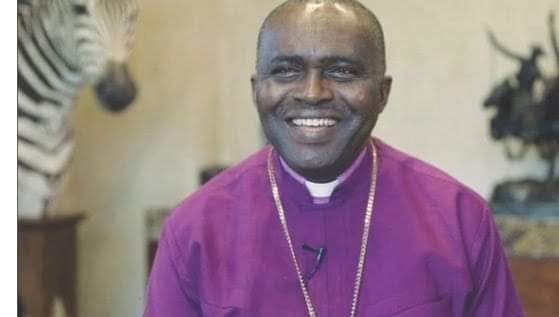
On Sunday, Serbia’s President Aleksandar Vucic announced that his country had agreed to a new three-year gas supply deal with Russia’s state energy provider Gazprom.
The news came at an awkward time, and in doing so, Vucic created a fresh headache for the Western anti-Putin alliance and, notably, for the European Union.
On the other side of the continent, EU heads of state were mired in grueling negotiations over a sixth package of sanctions against Moscow. The final deal, announced late Monday, includes a partial ban on Russian oil imports to the bloc.
But Brussels was forced to make an exemption for oil that is imported to Hungary, Slovakia and the Czech Republic via a pipeline, in order to get everyone on board. This was seen by some EU members as a major concession.
Of these Balkan states, Serbia in particular is seen as crucial for numerous reasons.
Its size, population and geographical location all make it a major stakeholder in the geopolitics of the region. If you want to have a conversation about the future of Bosnia or Kosovo, you are going to need the Serbian government in the room.









